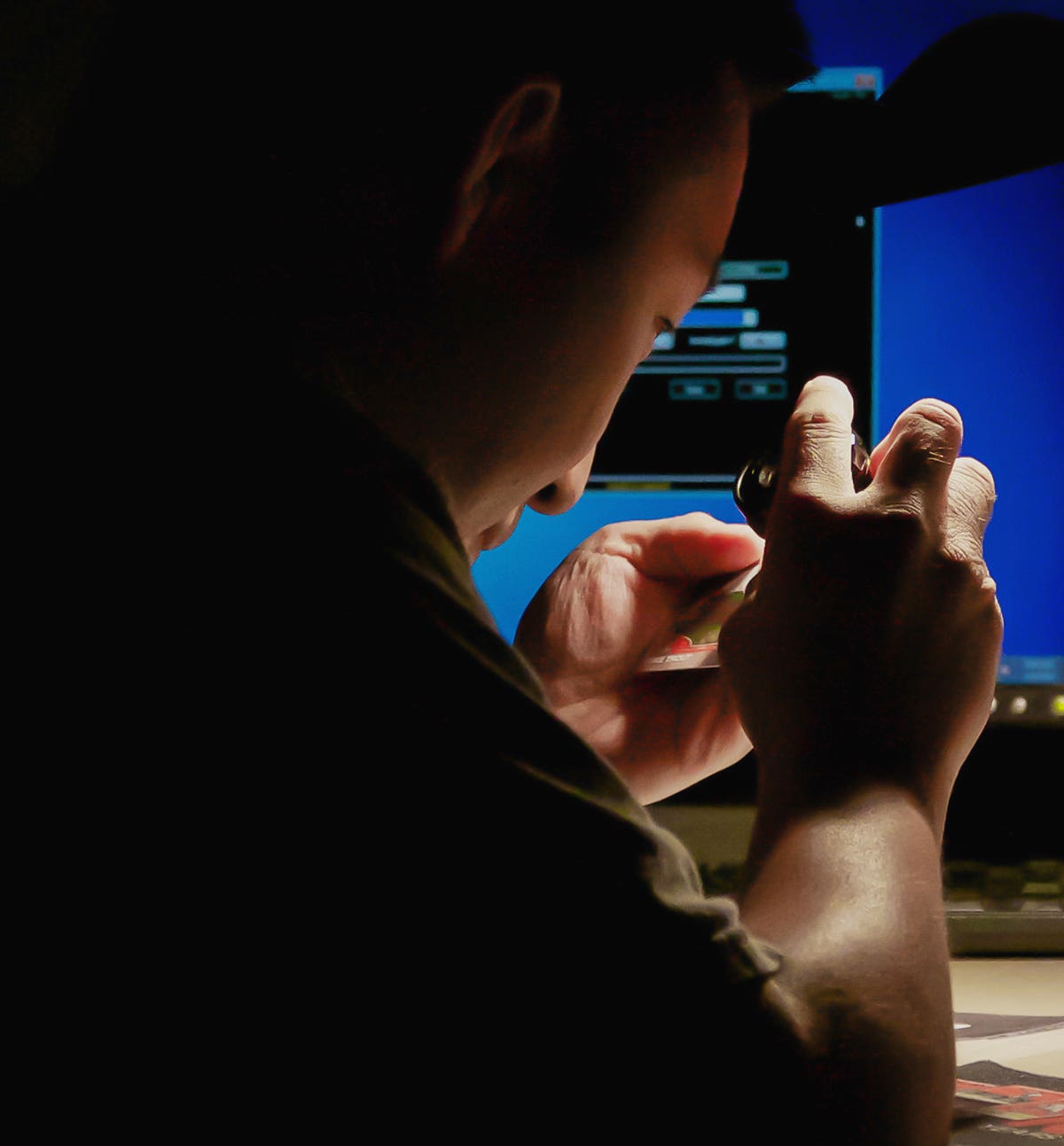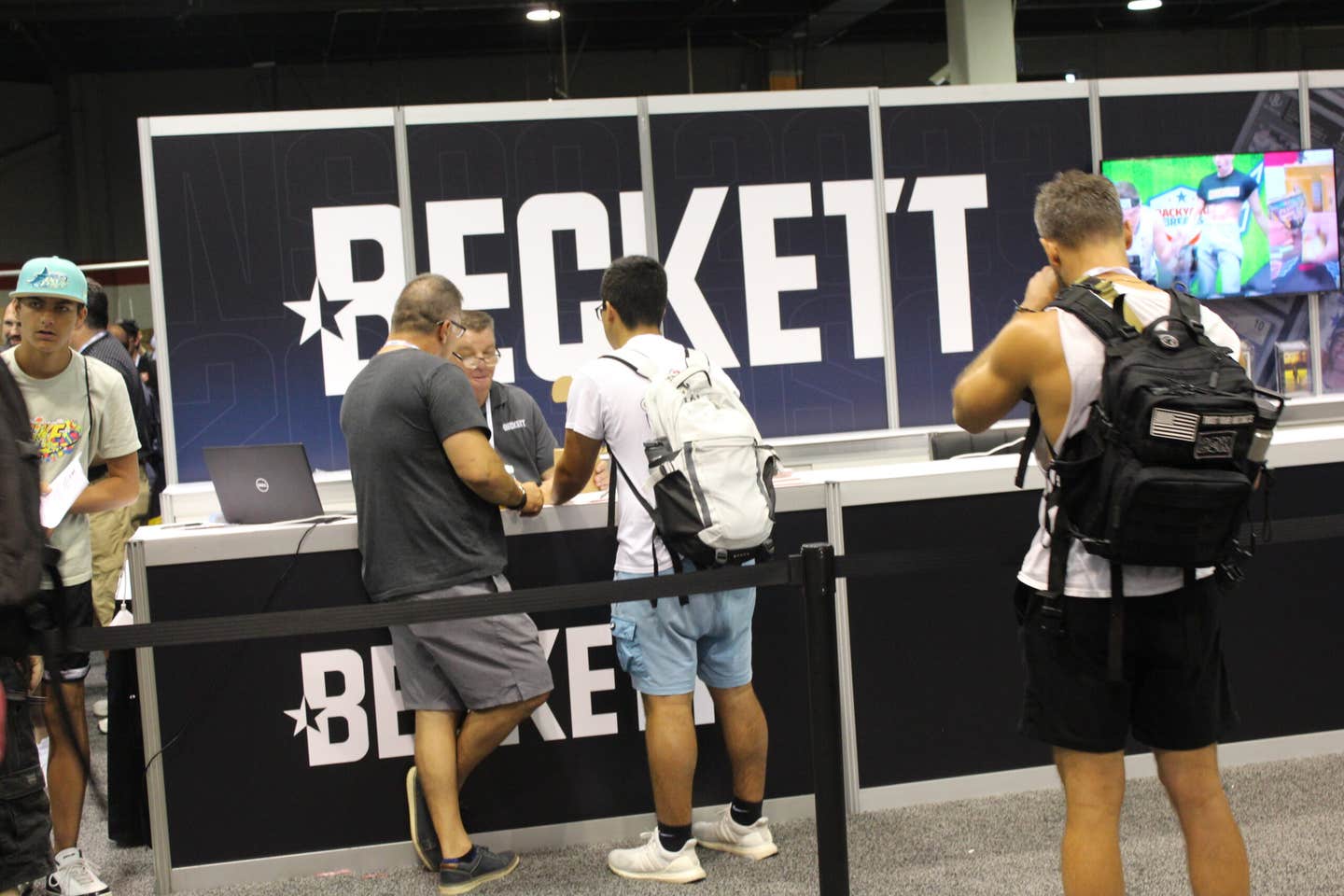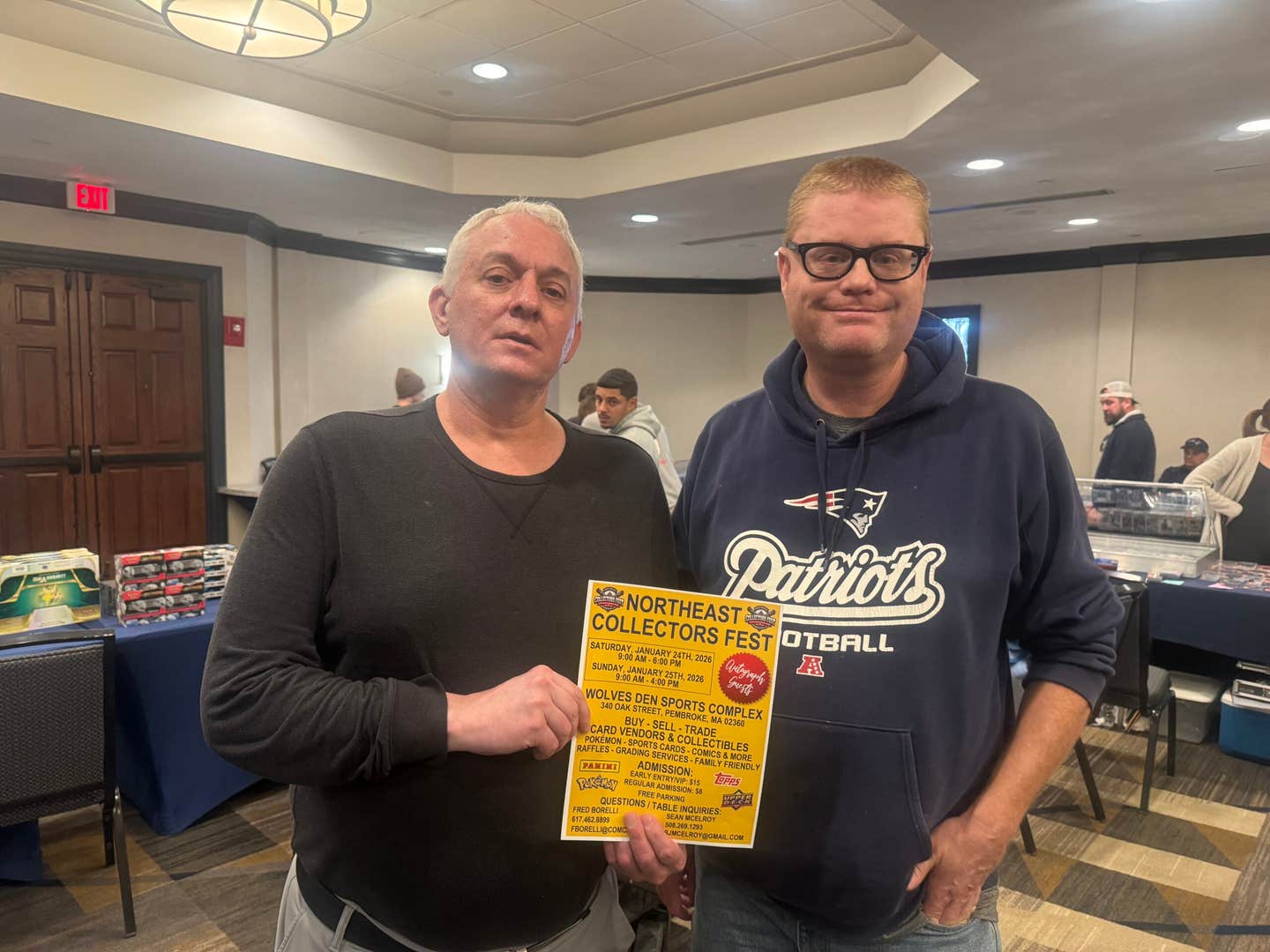News
I have a different beef with Bunning …
Senator Jim Bunning found himself in the news recently after a Michigan show promoter put the kibosh on an invitation to have the Hall of Famer sign autographs at the Gibraltar Trade Center Show in Taylor, Mich.
Bunning, 77, had been scheduled to sign at the show this past weekend, but his “No” vote on the auto industry loan package last week prompted promoter Jim Koester to send him to the showers.
“Being a business owner in Michigan for over 30 years, I simply cannot support anyone who, in my opinion, votes against the economic well-being of our great state,” said Koester, organizer of the Gibraltar show. Fans would have paid $35 for Bunning to sign a baseball and $55 to sign a bat.
The wire reports that I saw on the flap didn’t note the small irony that Bunning was one of the early players who helped start the Players Association, working in the 1960s as Marvin Miller was brought in to help build what would ultimately become the most imposing union in professional sports.
A couple of days after the withdrawn invitation, wire services were reporting that Bunning’s foundation was being scrutinized, with watchdog groups noting that the Jim Bunning Foundation, which was set up in 1996 to collect money the Hall of Fame pitcher gets from autograph signings, has taken in more than $504,000, the Lexington Herald-Leader reported. Of that amount, Bunning has earned $180,000 in salary. The foundation has given $136,435, or about one-fourth of its income, to churches and charitable groups around northern Kentucky, according to the Associated Press.
The report pointed out that Bunning is the foundation’s sole employee and the only person to draw a paycheck from it.
Rick Robinson, a foundation board member, defended Bunning’s salary, saying there couldn’t be a Jim Bunning Foundation without Bunning.
“The foundation is a charity that hired Jim Bunning to work for it,’’ said Robinson, a former congressional aide to the Kentucky senator. “Without hiring him to do this, the charity wouldn’t have any income.’’
According to the AP report, Robinson said Bunning created the foundation so he could collect money from his baseball memorabilia autographs without violating current Senate limits on outside income. That income increased after his 1996 election to the Hall of Fame.
Bunning spent nine years of his career with the Detroit and threw a no-hitter for the Tigers in 1958.
Though no mention was made of it in the article, it’s a pretty good bet that without the flap over Bunning’s “No” vote on the auto industry plan there wouldn’t have been much interest in the status of his foundation, at least at this particular moment.
Me, I’m more interested in the beef that somebody like Luis Tiant (or maybe Jim Kaat or Tommy John) might have with Bunning’s HOF status. There’s not a nickel’s worth of difference between Tiant’s lifetime totals and Bunning’s, and both Kaat and John have about five dozen more wins that the junior senator from Kentucky.
As we all no doubt recall, HOF voting “shall be based upon the player’s record, playing ability, integrity, sportsmanship, character, and contributions to the team(s) on which the player played.”
One presumes his Congressional status didn’t hurt Bunning’s chances when he was voted in by the Veterans Committee in 1996. At the time he was a Congressman from Kentucky’s 4th District; he was elected to the Senate two years later.








